Russia doping cover-up: IOC wants immediate Sochi investigation
- Published
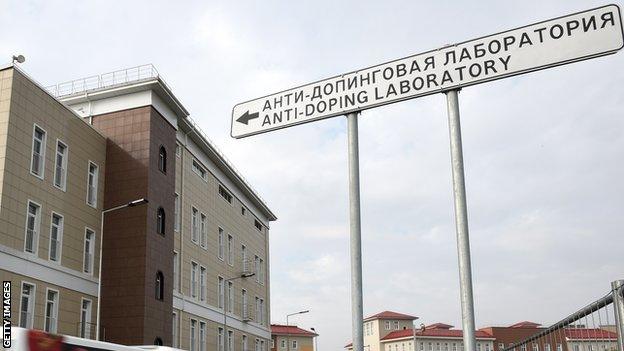
Russia won 13 gold medals at the Sochi Winter Olympics in 2014
Allegations of Russian state-sponsored doping at the Sochi Winter Olympics are "very worrying" and must be investigated immediately, the International Olympic Committee says.
A New York Times report, external claims performance-enhancing drug use was rife and covered up at the 2014 competition.
The Russian Ministry of Sport described the new allegations as "a major shock".
On Tuesday, the World Anti-doping Agency (Wada) said it would investigate allegations made in a CBS programme., external
That programme claimed Russian spies posed as anti-doping staff at Sochi, where the hosts won 13 gold medals.
In the New York Times report, Dr Grigory Rodchenkov, who was director of the country's anti-doping laboratory at the time, alleges:
Tainted urine samples were exchanged during the Sochi Games, through a wall, for clean urine collected months earlier;
As many as 100 dirty urine samples were expunged;
Sochi was the apex of a decade-long effort to perfect Russia's doping strategy;
Doctors were fully equipped, knowledgeable, experienced and perfectly prepared like never before.
The International Olympic Committee (IOC) has now called for further inquiries in response to the allegations.
An IOC spokesman said: "These allegations are very detailed and very worrying and we ask the World Anti-Doping Agency to investigate immediately.
"The laboratory in Sochi was fully accredited by Wada. The IOC also relied on the work of its own international experts in the laboratory - the Games group.
"Based on the findings of a Wada inquiry the IOC will not hesitate to act with its usual policy of zero tolerance for doping and defending the clean athletes."
The Russian Ministry of Sport said it has "nothing to hide" and would continue working to Wada guidelines.
A statement added: "We have never claimed that we do not have doping problems and we acknowledge that changes are needed and we understand that we have to regain international community's trust for what we believe is a global issue."
Claims in the CBS programme said Russian spies posed as anti-doping staff at Sochi. The BBC and Wada have been unable to independently verify the allegations made.
Russian athletes have already been banned from international competition, external by the International Association of Athletics Federations (IAAF), the sport's world governing body, after a Wada commission report alleged "state-sponsored" doping, external in the country.
The IAAF is meeting next month to assess whether Russia has done enough, external to tackle its doping culture before being allowed to take part in August's Olympic Games in Rio.
- Published10 May 2016
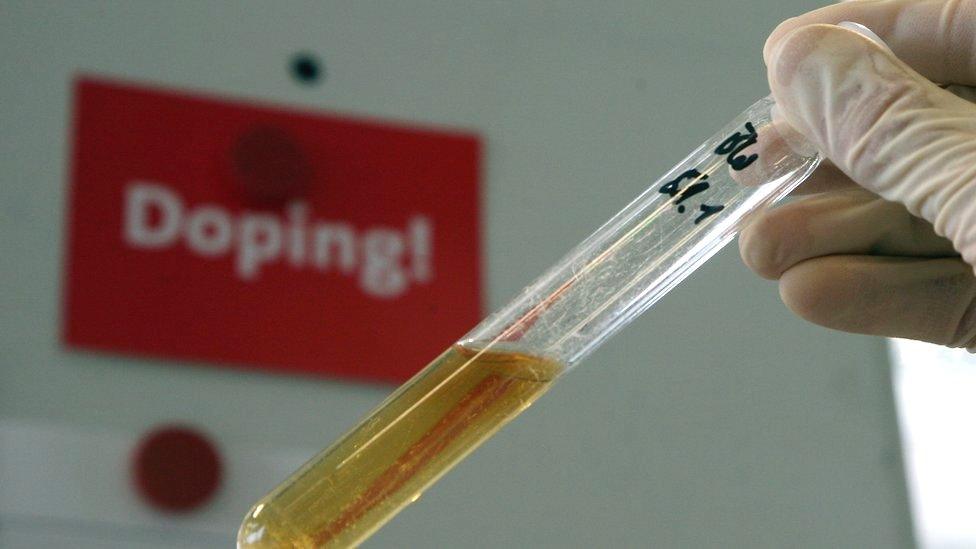
- Published9 May 2016

- Published20 April 2016
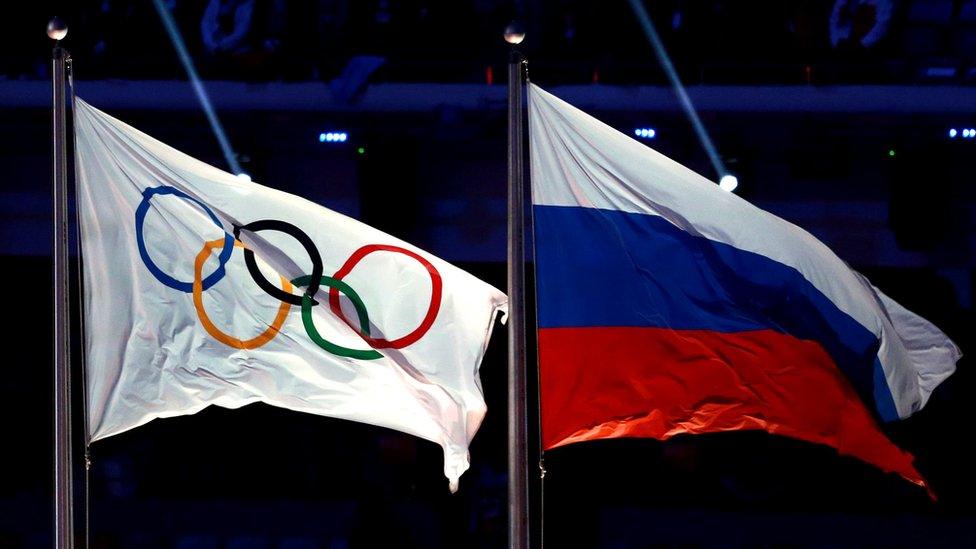
- Published15 April 2016
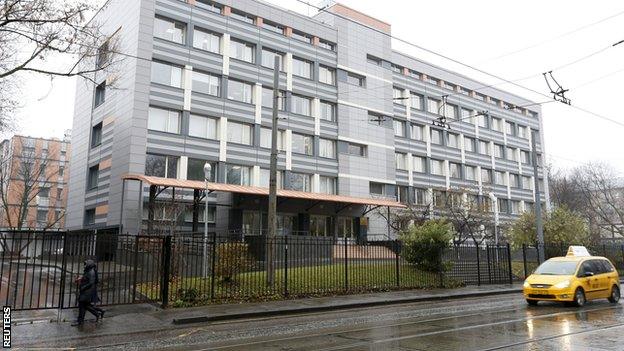
- Published3 March 2018
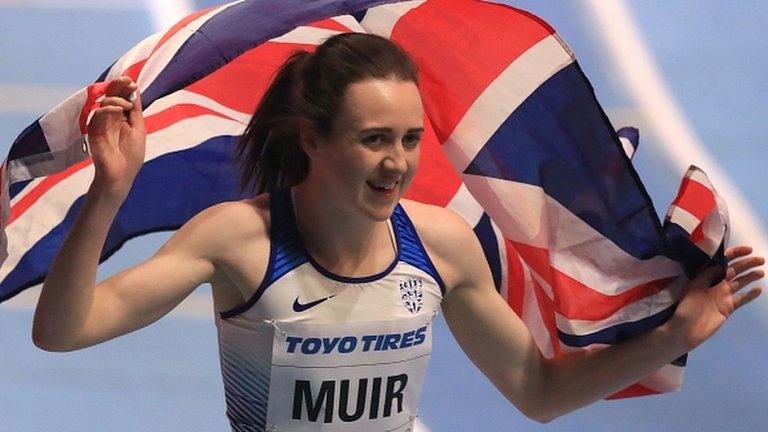
- Published8 February 2019
